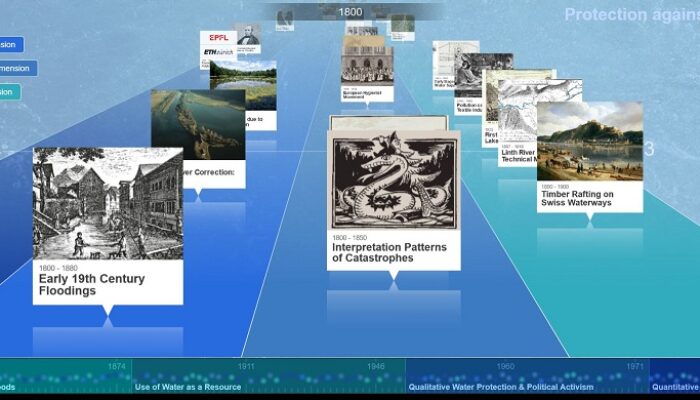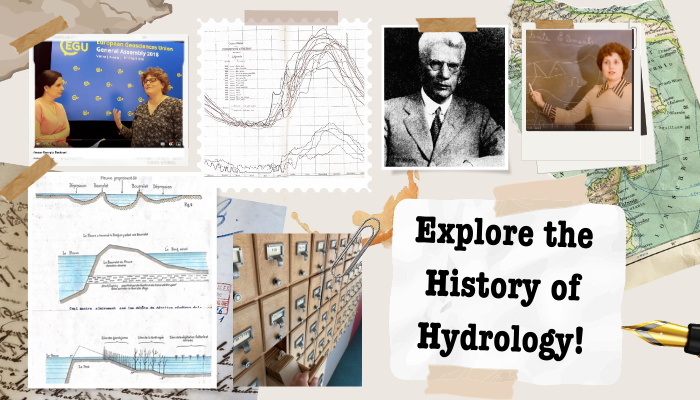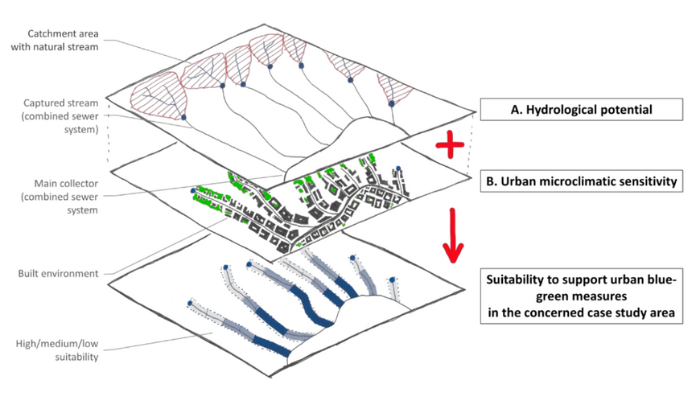You are certainly aware of the continued efforts of a group of hydrologists, with the lead of Keith Beven, to shed light on the history of hydrology, including the History of Hydrology Wiki . Looking back to those who shaped our science, the questions they addressed and those that remain open is essential to understand the role of hydrology in earth system sciences, in the development of field res ...[Read More]
History of Hydrology@EGU2025 and beyond




